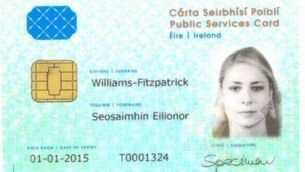Coca-Cola under fire at INTO congress
The company has a high profile at the primary teachers’ gathering in Tralee and delegates are given free drinks from a stand outside the meeting hall.
Some delegates objected to having Coca-Cola as congress beverage sponsor because of allegations of anti-trade union activity by the company in Columbia and South America, and health issues such as obesity.













